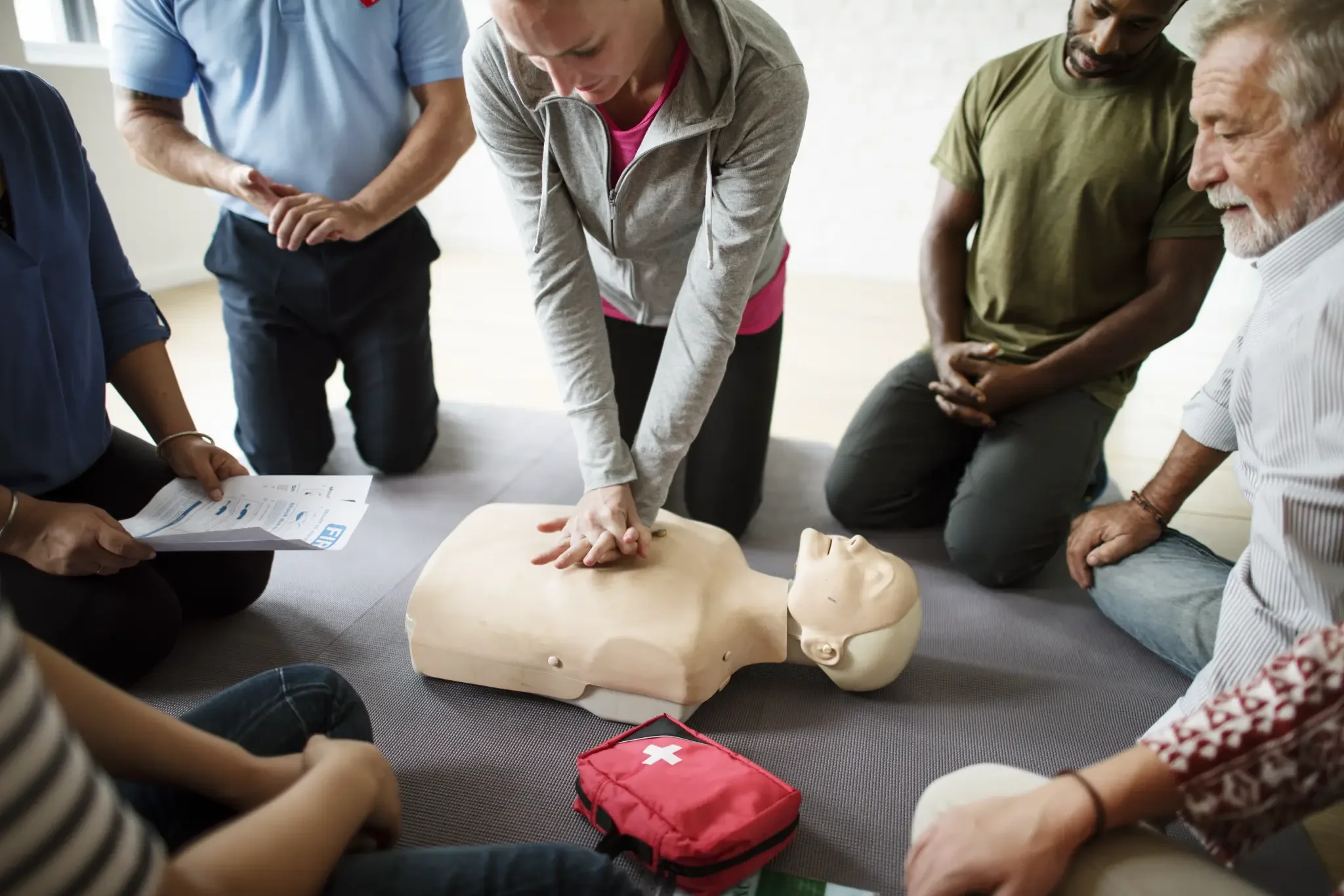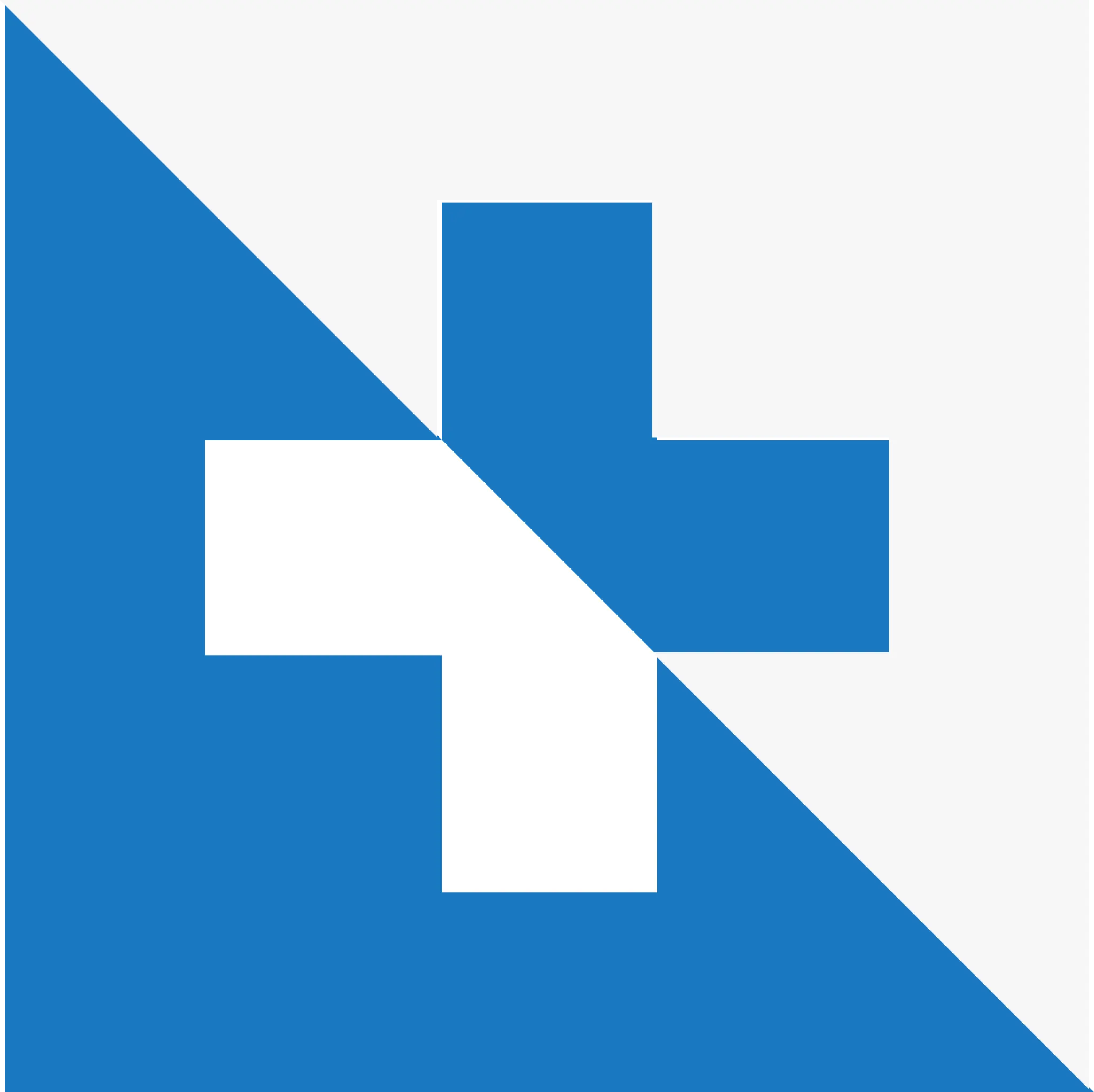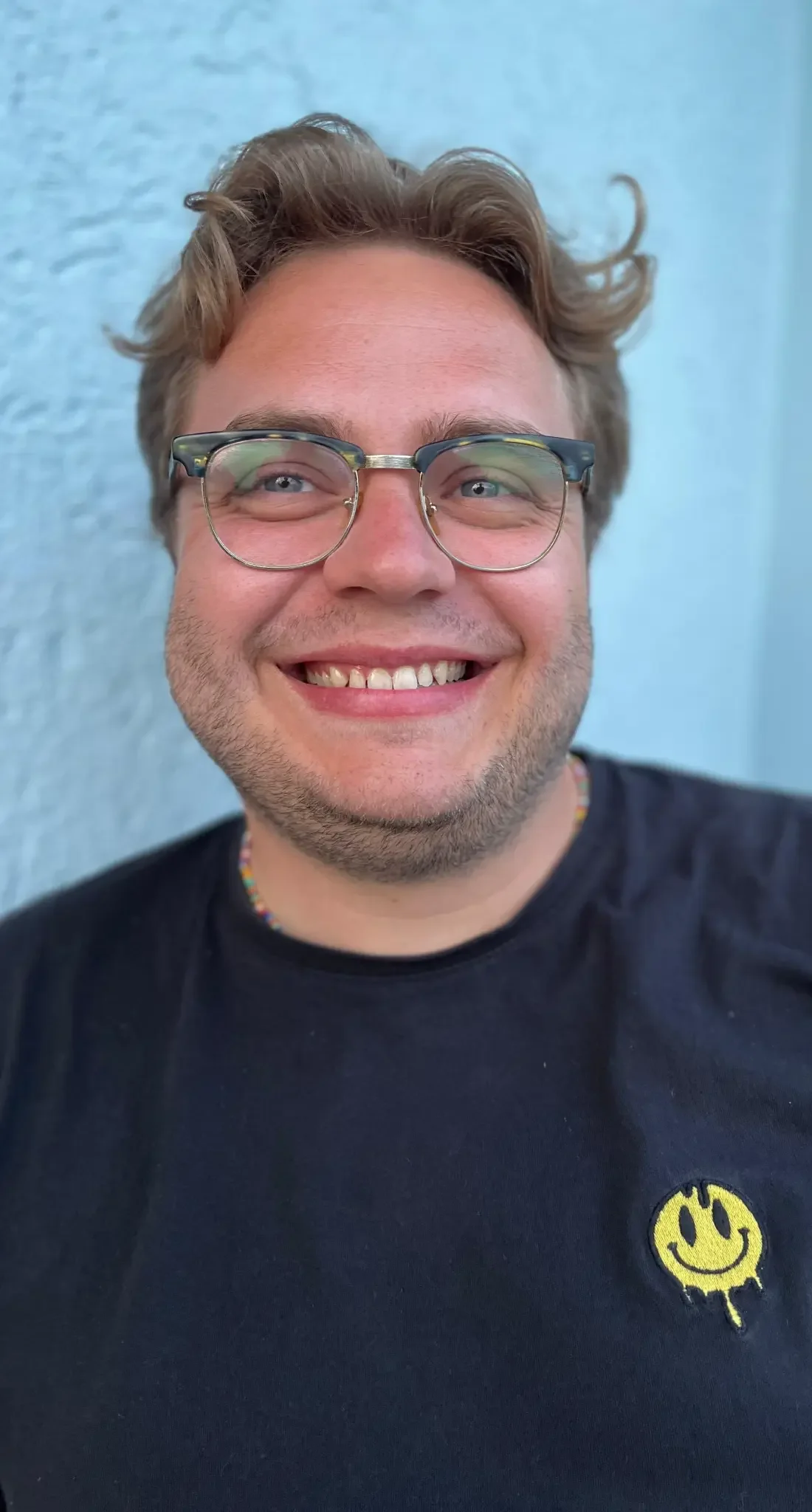About Julian Borner
Julian Borner is a medical doctor who studied at ETH Zurich and the University of Bern and now teaches first aid courses with us. His unique combination of medical expertise and service experience makes him an exceptional instructor who conveys complex emergency medicine in an understandable and practical way.
The Path to Emergency Medicine
Julian, you are a medical doctor, studied at ETH Zurich and the University of Bern, and now you teach first aid courses with us. What led you to emergency medicine?
I realized during my studies that I'm most fascinated by situations where it's "now or never": resuscitations, polytrauma, acute shortness of breath. In emergency medicine, you can see the direct impact of medicine – not just through high-tech equipment, but through simple, consistently applied basic measures.
In parallel to my studies, I worked in sports shops, renting out ski and snowboard equipment. You learn quickly there: if you make an effort for every single guest, they come back – entire families, season after season. I bring this awareness of service and quality with me to the classroom today: Every participant should feel that they are taken seriously and that they are taking something with them for their everyday life, not just a certificate.

Practical exercises are at the core of our first aid courses in Zurich
"Time is crucial – but not everything"
Everyone says that every second counts in a cardiac arrest. What does the current research show – and what is most important to you personally?
Yes, time is brutally important – but without action, even the best time is useless. The data is quite clear: if laypeople start chest compressions as early as possible, the chances of survival increase massively.
Scientific Facts About Resuscitation
- 6x higher survival chance with resuscitation within 5 minutes (Meta-analysis China)
- 8x higher chance of return of spontaneous circulation (ROSC) with bystander CPR
- 2-2.5x higher survival rate to hospital discharge with bystander CPR (Europe/USA)
- 10-17% loss of survival chance per minute delay to first defibrillator shock
This underlines that we need both – starting early and high-quality measures.
Decisive Action Instead of Pressure for Perfection
In your courses, you repeatedly emphasize "decisive action". What does that mean in concrete terms – and what do studies say about it?
Many people roughly know what they should do, but they don't dare to. The biggest enemy is not ignorance, but uncertainty.
A recent study from 2025 has shown that the most important factor for the willingness to use CPR and an AED is self-efficacy – that is, the confidence "I can do this". The higher this confidence, the more likely people are to actually intervene.
For me, being decisive means:
- Recognize – look consciously, don't look away
- Decide – "I'm doing something, even if it's not perfect"
- Follow through – keep pressing until the professionals take over
At the same time, systematic reviews show that practical CPR skills and confidence in one's own abilities decrease noticeably after just 3–12 months if you don't practice. That's why a one-time course in your life is not enough.
From the Ski and Snowboard Rental to the Classroom
During your studies, you worked in sports shops in the snow sports rental. What did you learn there that helps you today in the first aid course?
More than you might think. When you rent out skis or snowboards, you see all types of people: the ambitious father who absolutely wants racing skis, the anxious beginner who hardly dares to ask, the child who just wants to get out into the snow quickly.
Active Listening
What does the person really need?
Explain Simply
Convey complex topics without jargon
Build Trust
If someone feels well cared for, they'll come back
I try to do exactly the same thing in the course: no overwhelming with technical terms, but at eye level. I prefer to explain three times and let everyone try it out for themselves – until they not only understand why something is important, but also feel: "I can really do this."
Typical Myths and Clear Answers
What are the most common myths you hear in your courses about resuscitation and first aid?
❌ "I can't do anything until the ambulance arrives anyway"
Wrong! Early bystander CPR doubles or triples the chance of survival.
❌ "I'm afraid of breaking something"
Of course, you can break a rib with vigorous chest compressions. But: without resuscitation, the mortality rate is practically 100%. The benefit-risk ratio is clear.
❌ "AEDs are complicated, I could make a mistake"
Modern AEDs are extremely user-friendly. They analyze the rhythm independently and only deliver a shock if it is indicated.
❌ "I took a course ten years ago, that's enough"
Studies show a clear loss of competence and confidence after just a few months. A one-time course is better than none – but for real security, you should refresh it regularly.
The Person at the Center – Medicine, Didactics, and Service
What makes a good first aid course in Zurich for you – especially from the perspective of a doctor and service provider?
🔬 Scientific Foundation
Content must be based on current guidelines (e.g., ERC Guidelines 2021/2025 for Basic Life Support)
📚 Didactic Quality
People learn by doing, through misunderstandings, through questions – not through hours of slides
❤️ Service Mentality
When someone leaves the room, what counts is how they feel: informed, taken seriously, encouraged
A Message to Future Course Participants
If you could give one piece of advice to future participants of the First Aid Course Zurich – what would it be?
"You don't have to be a professional to save a life. But you have to be willing to take the first step."
In the course, we meet you exactly where you are: we translate complex emergency medicine into clear, manageable steps – and we practice them so that they are available in an emergency. The decisive factor is not whether you remember every guideline number, but whether you dare to look, call for help, press, and get the AED.
If at the end of the course someone says:
"I still have respect – but I'm no longer afraid to do something"
then it was a good day in the classroom.

